The plaintiff claimed that our client, an endocrine surgeon, performed an unnecessary total thyroidectomy without correctly informing her of the true likelihood of malignancy. On the biopsy, the thyroid nodule was benign, and the plaintiff alleged that the total thyroidectomy (and the thyroid hormone replacement that followed) were unnecessary. In support of this office’s motion for summary judgment, we submitted an endocrine surgeon’s affirmation arguing that the surgery was necessary in that there was a 40% chance of malignancy, based upon prior fine needle aspiration biopsy. We argued that it was reasonable to perform a full thyroidectomy rather than a hemithyroidectomy, based on the existence of nodes in both thyroid lobes and the possibility of malignancy. The plaintiff admitted she was advised of a 60% chance that the node would be benign, as well as the consequences of a total thyroidectomy including the need for hormone replacement following the surgery. The Court found that the defense expert’s affirmation met the burden of proof on the motion. In opposition, the plaintiff provided an affirmation of an endocrine surgeon, arguing that the patient had nodules for numerous years, which should have suggested a greater chance that the nodules were benign. Furthermore, the plaintiff’s expert claimed that follow up imaging shortly before surgery suggested that the nodule was no longer discrete, and as such, that the defendant should have recommended further observation, repeat ultrasound, and/or repeat fine needle aspiration rather than surgery. Finally, the plaintiff’s expert argued that total thyroidectomy was not required under guidelines published by the American Thyroid Association. We argued on reply that plaintiff’s expert had made misleading statements regarding the ATA guidelines, particularly where, as here, the patient had expressed a preference for a single procedure, rather than risking the need for two separate procedures if the surgical pathology was malignant. We also argued that the plaintiff’s expert failed to address key aspects of the defendant’s arguments on the motion. The Court agreed with the defense’s arguments on Reply, and held that plaintiff’s expert’s affirmation was speculative, vague, conclusory, and insufficient to rebut the defense showing. Further, the plaintiff did not submit a response to the defendants’ statement of material facts, and as such, those facts are deemed admitted. The Court dismissed the action in its entirety.
We offer virtual conferences and touchless payments and agreements.

Formerly

Menu





